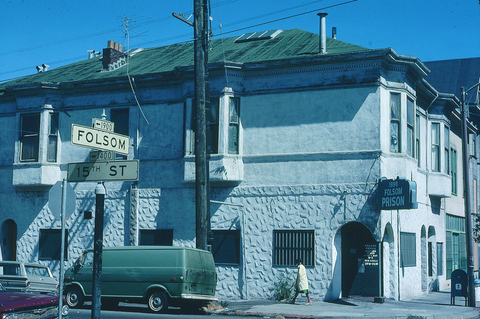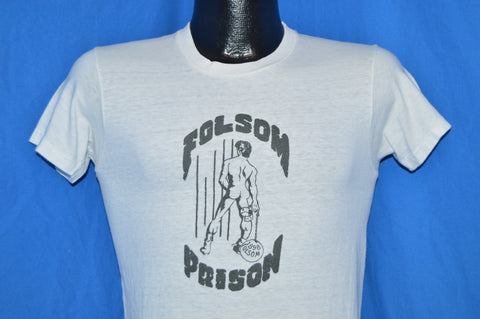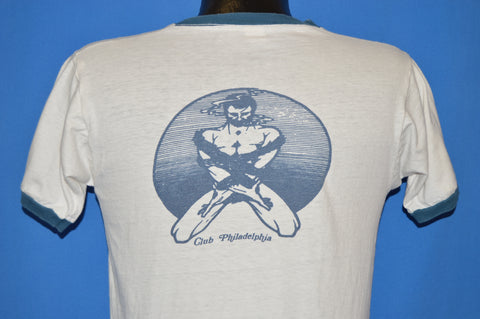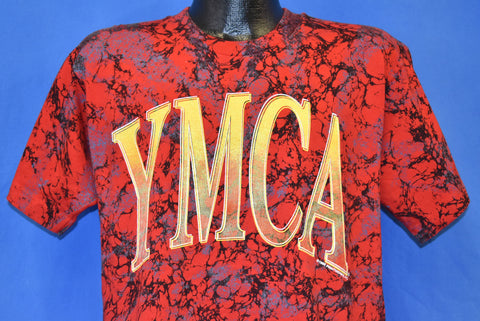While most disco music came and went, there are few acts that remain pertinent to today's culture. This week is all about the Village People, the Macho Types with a heavy hand in defining the disco era.
French producers Jacques Morali and Henri Belolo came up with the idea for the group after visiting the West Village in New York City. They wanted to produce music for the clubs; gay, Latin, and black, in particular. In an effort to appeal to this audience, they put out an advertisement that read, "Macho Types Wanted: Must dance and have a mustache."

Morali and Belolo assembled lead singer Victor Willis, Felipe Rose, Alex Briley, Glenn Hughes, David Hodo, and Randy Jones, and thus, the Village People were born. Reflecting the styles seen in the West Village, the Villagers became icons of sexual liberation.
Dressed as a cowboy, a cop, a Native American, a construction worker, and a Navy sailor, they embraced typically masculine personas. These costumes were nothing new, as seen in the dress code from the Mineshaft, the iconic gay club located in the Meat Packing District of New York City.

The Mineshaft catered to hyper-masculine types, prohibiting "colognes and perfumes, disco drag, and dresses." Instead, admittance was restricted to those donning, "cycle leather & western gear, Levi's jocks, action ready wear, uniforms, t-shirts, plaid shirts, just plain shirts, club overlays, patches, and sweat."

But as the AIDS crisis devastated the gay community across the country, the club was shut down in '85 by the New York Health Department for violating the newly-introduced discriminatory anti-AIDS policies.
The Mineshaft was not alone in its standards, just one of many gay clubs to foster hyper-masculinity. This shirt from the Folsom Prison bar, a popular sex club in the Castro District of San Francisco, features a similar ideal.

Open from 1973 to '77, Folsom suffered the same fate as the Mineshaft, along with a slew of its neighboring gay leather bars, pushed out by gentrification and the fear of AIDS. Out of the 16 leather bars in the early 80s, only three remain today.
This shirt comes from an underground bondage club in Philadelphia. While little documentation exists on the club, the graphic on this shirt complies with the images of muscular men used in gay clubs in New York and San Francisco.
Disco and its golden age was fleeting, and yet, the hit songs by the Villagers have stood the test of time. Songs like "Y.M.C.A", "Macho Man," and "In the Navy," are played routinely in celebration at sports events, notably some of the most hyper-masculine spaces in the country. The Villagers were indeed Macho Types; but their performances caricaturize masculinity, and inspired sexual liberation in the midst of the fear and stigma surrounding the HIV/AIDS epidemic.
Shop any of the shirts in this post by clicking on their photo!




